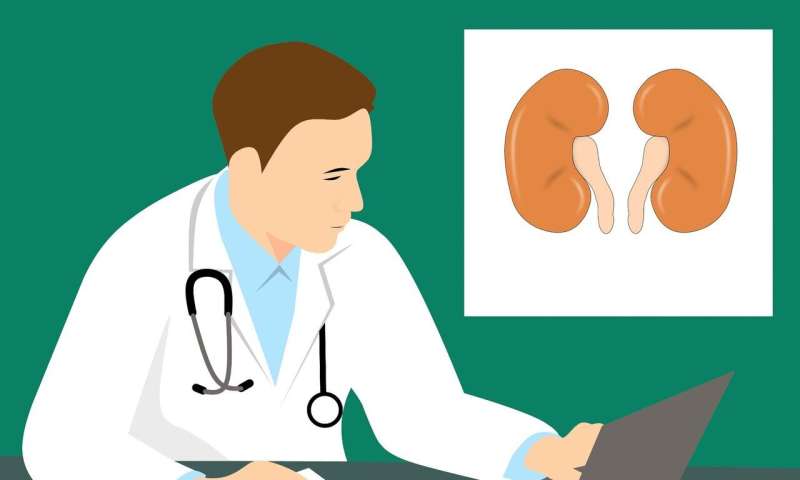Credit: CC0 Public Domain
Even after three vaccinations, kidney transplant patients who have to take immunosuppressive drugs on a permanent basis fail to develop adequate protection against SARS-CoV-2. This is the finding of a study conducted by the Department of Medicine III at MedUni Vienna and University Hospital Vienna, which has now been published in the journal JAMA Internal Medicine. Based on these results, the Department of Medicine III is starting a new study into the efficacy and safety of a human antibody cocktail against SARS-CoV-2 in those patients who have not developed immunity as a result of vaccination.
Following the transplantation of an organ such as the heart, lungs or kidneys, patients have to take immunosuppressive drugs for the rest of their lives. These prevent rejection of the transplanted organ, but also weaken the response to vaccines. A team led by Roman Reindl-Schwaighofer, Andreas Heinzel and Rainer Oberbauer from the Division of Nephrology of the Department of Medicine III at MedUni Vienna and University Hospital Vienna has investigated the efficacy of the Coronavirus vaccine in patients who have had a kidney transplant. The results show that, even after the third vaccination, around 90% of patients have not built up adequate cellular and humoral protection against the SARS-CoV-2 virus, regardless of whether they received an mRNA or a vector vaccine.
Current study investigates the efficacy of coronavirus drug
These results are now being used as a basis for a further study starting at the Division of Nephrology of the Department of Medicine III in the group of patients who failed to develop any protection after the third vaccination. This will investigate the efficacy and safety of a human antibody cocktail against SARS-CoV-2.
More information: Roman Reindl-Schwaighofer et al, Comparison of SARS-CoV-2 Antibody Response 4 Weeks After Homologous vs Heterologous Third Vaccine Dose in Kidney Transplant Recipients, JAMA Internal Medicine (2021). DOI: 10.1001/jamainternmed.2021.7372
Journal information: JAMA Internal Medicine
Provided by Medical University of Vienna
























